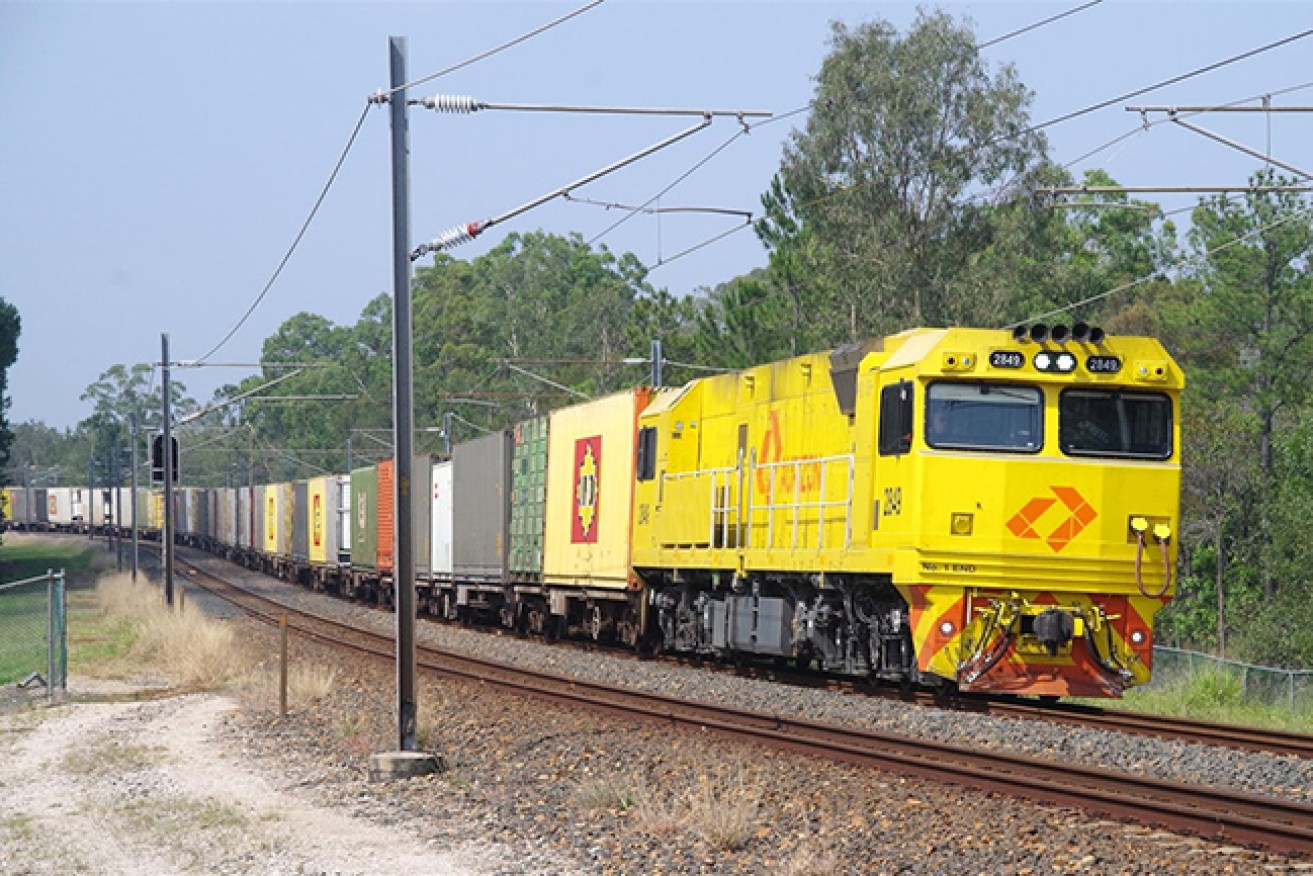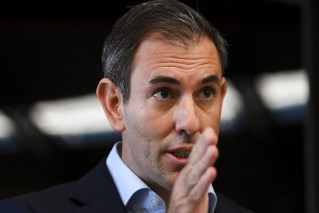The rail deal: Passenger services nearly empty but freight trains full
Urban rail services have experienced an 85 per cent decline in passenger volumes due to ongoing pandemic restrictions but demand for freight services has increased.

Aurizon's profit fell 37 per cent
According to TransLink figures for the week ending April 13, the number of rail passengers was down 85.1 per cent compared to last year, while Gold Coast light rail was down 86 per cent. The unprecedented decline appears even more extraordinary as work continues to expand both networks and provide greater capacity to carry more passengers more often.
Other modes of public transport in the southeast Queensland network have proved more resilient but not by much – bus services were still down 80.6 per cent and ferry services 80.9 per cent compared to last year.
A TransLink spokesman said services were still running despite people acting on advice to avoid non-essential travel during the pandemic.
“Public transport is an essential service that has been maintained to enable essential and frontline workers to travel during this time,” the spokesman said.
With air and port restrictions still in place, freight rail operators have had to work harder to move shipments around Australia, and the Palaszczuk Government has quietly eased the regulatory burden to keep trains running in Queensland.
The government has allowed pandemic-specific exemptions to the tough regulatory arrangements that have traditionally ensured those responsible for rail safety are fit and healthy themselves.
The exemptions apply to 66 passenger and freight rail operators, from Aurizon to Queensland Rail, and allow them to skip periodic health assessments – something that might normally see them fined $500,000, and the worker fined $50,000 – over the next three months.
“Where there are issues accessing authorised health professions as a result of impacts from the global pandemic COVID-19, the rail transport operator must undertake a risk assessment for the affected rail safety workers and determine, based on their most recent health assessment, whether it is low risk to postpone the periodic health assessment,” the government states in the exemption notice.
Aurizon and Linfox have increased the number of weekly intermodal services by 20 per cent but an Aurizon spokeswoman said the health and wellbeing of workers remained a priority.
“We continue to book train drivers in for the required health assessments,” the spokeswoman said.
“We have not had any issues to date but we welcome the rail industry being given the flexibility by the Queensland Government should the need arise.”
Australian Rail Track Corporation CEO John Fullerton recently said national general freight movements on its 8500km network had increased 14 per cent in March.
“The COVID-19 outbreak has sparked an unprecedented challenge for Australia’s freight and transport industry, with the country’s demand for critical supplies prompting a surge in rail freight,” Fullerton said.
“Moving freight to cities and regional towns across the country has never been so important, which is why the government has deemed our industry an essential service.
“This puts a lot of responsibility on our shoulders; but in collaboration with our rail freight customers, government and industry partners it’s been wonderful to see our teams rise to the challenge to keep Australia’s supply chain intact and our economy moving.”












